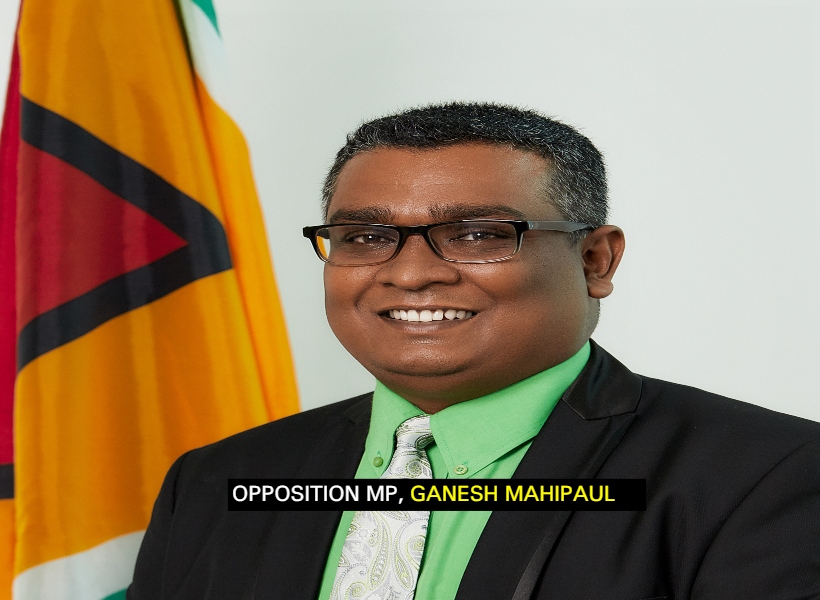A move made by the Main Parliamentary Opposition to reduce the number of days it takes questions and motions to move from the Notice Paper onto the Order Paper has failed. The motion, which also seeks to impose a four-day period for the Speaker to object to questions and motions, was defeated 31-34.
The order paper is a document that outlines the agenda or schedule for a specific meeting or session of the parliamentary body. It provides a list of the business or items that are to be discussed and acted upon during that particular sitting. The Notice Paper, on the other hand, is a document that provides notice or notification to the members of the parliamentary body about upcoming business that will be brought before the assembly at a future meeting. It lists the various items, motions, bills, or other matters that are expected to be discussed or debated in the near future.
Moving the motion was Opposition Member of Parliament (MP), Ganesh Mahipaul. However, it found no favour with government legislators, many of whom labelled it as an attempt to place restrictions on the Speaker and the Assembly Clerk.
But Mahipaul argued that four days are sufficient, and professed that the motion bears no “sinister motive”. However, government members were adamant that if such a change is made, it will not only affect the independence of the Speaker but could also limit his and the Clerk’s ability to conduct research within a slim deadline. This argument was particularly stressed by government MP and lawyer, Sanjeev Datadin, who warned of the disastrous consequences such haste could yield.
“How is the Speaker to research and receive advice? We must also understand that when we put compulsory orders, we are fettering the decision maker’s decisions. Imposing a four-day period is aggressive, it smacks of dictatorship, smacks of control,” Datadin lamented.
He added that the time taken to categorise or prioritise matters is the “Speaker’s prerogative”, and MPs must allow him to do his job unfettered. “The Speaker, after all, is independent…The Speaker must never be muzzled,” he added.
Mahipaul in closing the debate, made a final plea to the House, arguing that the change will be in the best interest of all Guyanese.
“These actions are not of sinister motive. They are simply to have timely, effective and efficient responses to questions and issues the ordinary citizens of Guyana have and will like them to be answered. And that is all that it seeks to do!”
Mahipaul’s motion comes on the heels of the Opposition’s continuous lamentation of its motions being placed on the backburner, while the government’s are being expedited.









